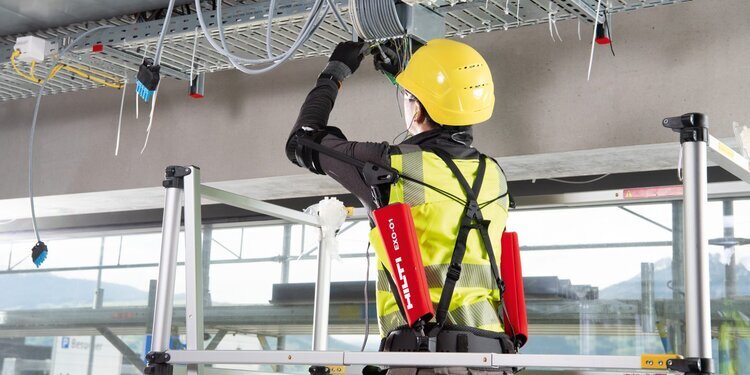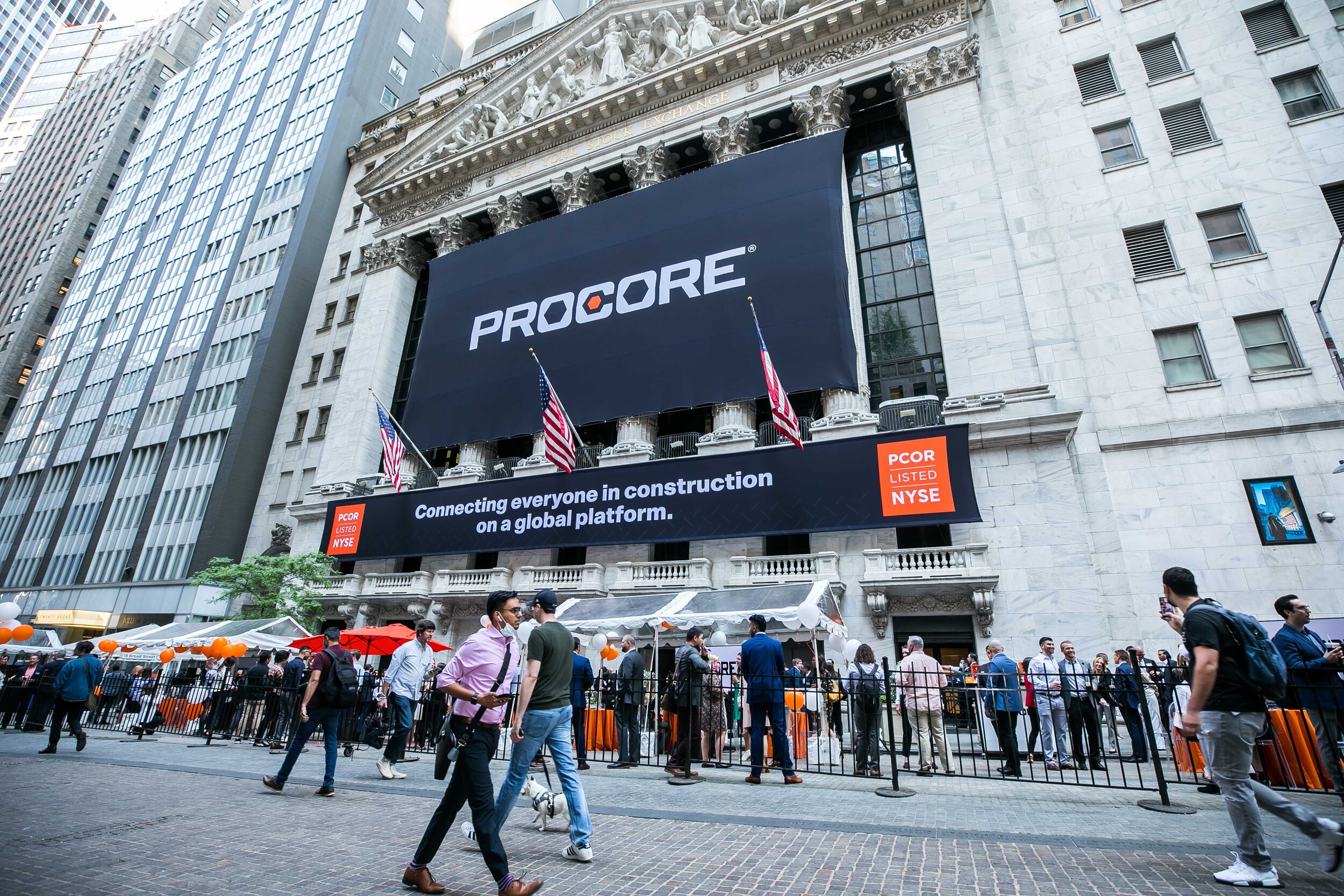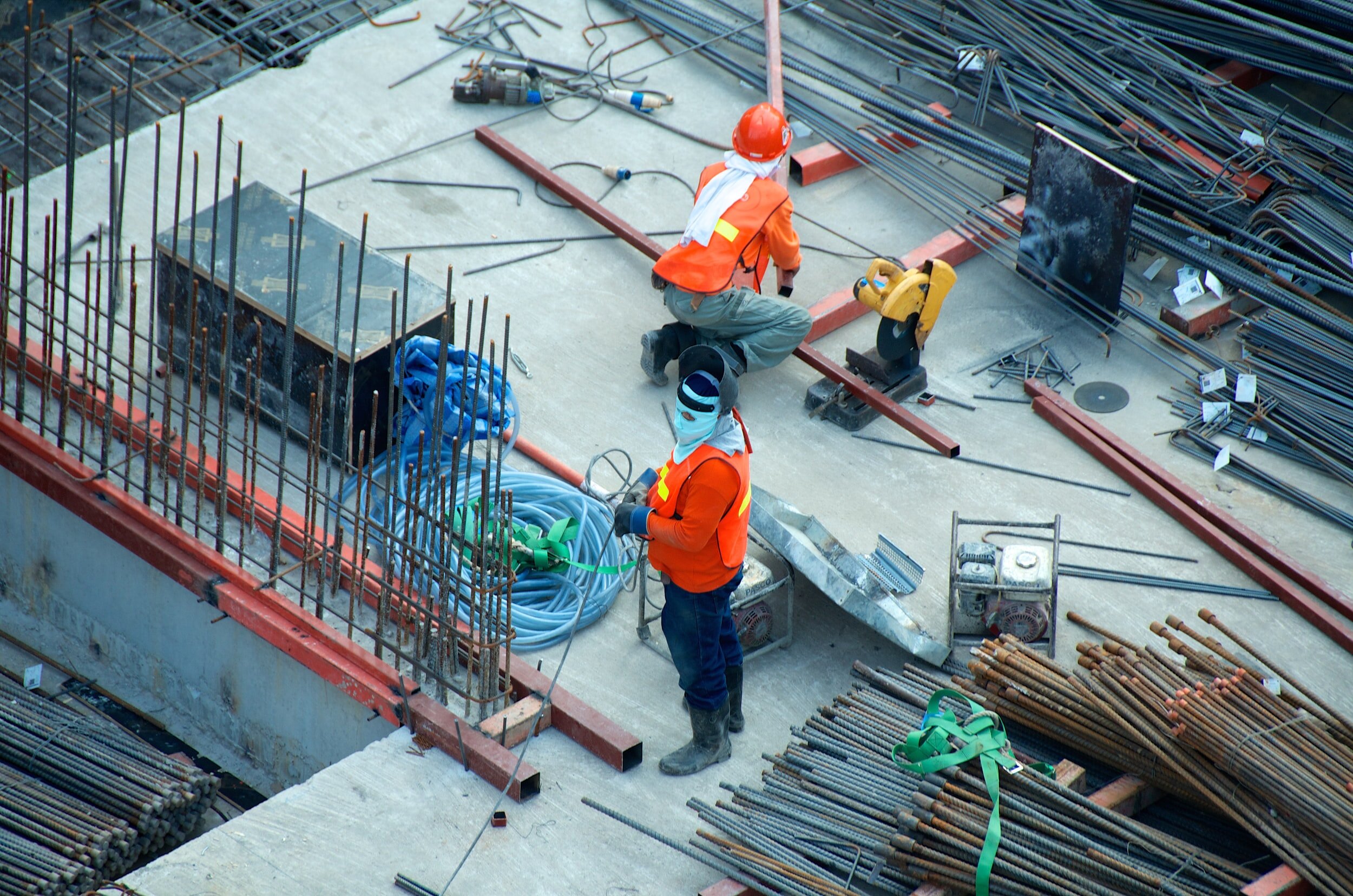Cement has been around for a long time, historically since the Ancient Babylonians and Assyrians, whom used bitumen to bind materials together. In modern times, Portland cement has been the leader in the cement industry since it was created in Britain in the mid-1700s. Annually, Portland cement manufactures roughly 76.7 million metric tons of cement in the United States alone. There’s no telling how much they’ve manufactured for China, who has used more concrete in the past 3 years than the US did in the entire 20th Century!
Throughout history, many of the world’s most popular inventions were created by accident, including Sticky Notes, The Pacemaker, and Penicillin. David Stone, who accidentally created his cement alternative as a student at the University of Arizona in 2000, hopes Ferrock will become another example. The cleverly named Ferrock uses “steel dust” left behind by the manufacturing of steel to create an ultra strong binder. Fe is the elemental symbol of Iron, which is in steel. Initial tests of the substance have determined that concrete made with Ferrock has 5 times the compressive strength as concrete and several times the tensile strength. Needless to say, with strength that impressive, the size of concrete columns and beams will be considerably smaller in any building using Ferrock. It could also mean a large reduction in the amount and size of steel rebar necessary, as rebar adds tensile strength to the concrete to keep it from separating and cracking.
While the strength increase alone is quite impressive, even more impressive is the lack of environmental impact. Unlike cement, which creates a ton of C02 per ton of cement manufactured, Ferrock actually sucks up and traps CO2 and uses it to harden the concrete.
The cost and viability of Ferrock is still yet to be determined. A change away from Portland cement would have a huge impact of the economy and the construction industry and Ferrock still needs to prove how it well it can scale its manufacturing.
For more information on this promising product, check out this PBS Newshour special

In the midst of fierce discourse over the bipartisan infrastructure bill lies a unique opportunity for the United States.
Last summer, Hilti announced that they had developed their first exoskeleton designed for construction tradespeople in a partnership with Ottobuck, a prosthetics, orthotics, and exoskeleton provider. Earlier this month, Hilti officially released the exoskeleton, announced more details, and published its retail price on their website.
Cat Phones is known to make some pretty rugged smartphones, the kind of phone you don’t have to worry about on the jobsite – even without a case. Licensed by the construction equipment giant, Caterpillar, the phones are made by the UK-based Bullitt Group. The company recently announced the release of their new flagship smartphone model, the CAT S62 Pro.
The construction technology world has been no stranger to acquisitions and mergers in recent years, as many larger players are gobbling up startups and other specialty software to quickly grow their offerings and expand their value to their customers. The latest acquisition comes from a somewhat surprising source, however, as Stanley Black & Decker, the power tool and storage company, has acquired Buildup, a task management, punch list, and inspection software company.
Father’s Day 2021 is June 20, so you better get started on gift ideas if you want to impress dad this year. Whether your father is contractor, handyman, or DIYer, we’ve got a lot of great ideas for him this year.
For more more gift ideas, be sure to check out our past Father's Day Gift Guides from 2016, 2017, 2018, and 2019 or our Ultimate Construction Holiday Gift Guides from 2015, 2016, 2017, 2018, 2019, and 2020
Procore, the construction management software company, has been rumored to be interested in filing for an IPO since at least 2019. In the Spring of 2020, Procore ended up delaying its plans to go public after it received $150million in funding and a valuation of around $5 million, citing interest in raising more money amidst an uncertain economy during the heart of the coronavirus pandemic.
[guest post] It’s a morbid statistic, but the construction industry experiences more workplace deaths than any other. With so many potential hazards, heavy-duty machinery, and power tools, it’s perhaps not surprising that serious accidents are relatively commonplace.
It’s that time again to begin Construction Junkie’s annual search for the best construction podcast! Now in our 7th year of the competition, we’re noticing a considerable increase in construction-related podcasts from every sector.
Each year, Procore – the maker of the construction management software of the same name – hosts their annual construction technology conference, Groundbreak. As part of the festivities, the company is looking to celebrate the most groundbreaking companies, people, and projects in the construction industry and they need your help.










